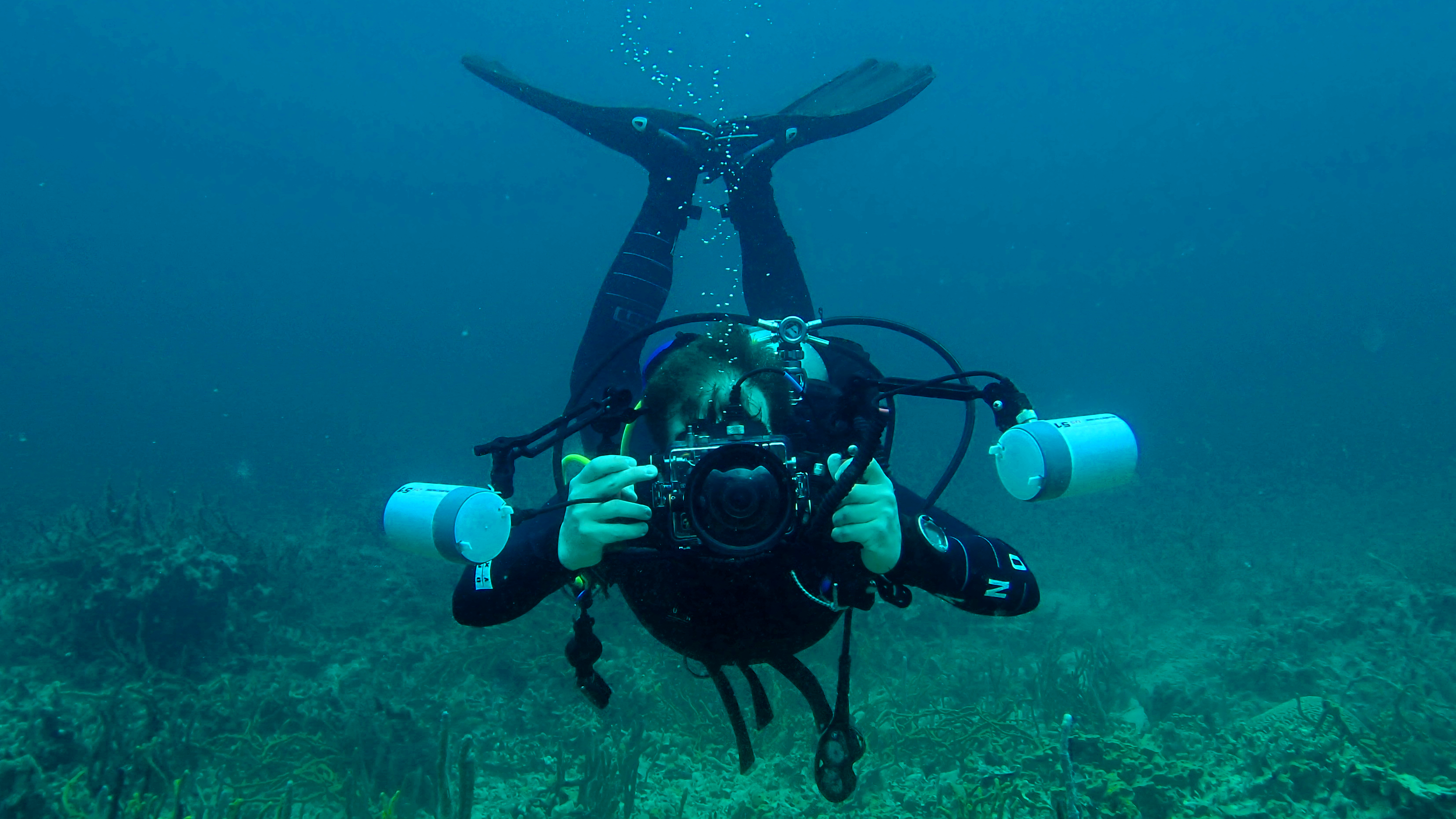About Me 
[Evolution] teaches us amazing things: That stars are not important — there is nothing interesting about stars. Streetlamps are very important because they’re so rare. As far as we know, there is only a few million of them in the universe — and they were built by monkeys who came up with philosophy and gods. And this is so much more interesting and it is so much more right.
— Terry Pratchett
About me ()
I am an evolutionary biologist, interested in the transition from diverging populations to speciation. My interests lie in the genetics, ecology and conservation of populations. I am particularly interested in the evolutionary mechanisms that lead to the divergence of previously homogeneous groups and populations.
So far, my path has taken me from environmental science to marine biology and from there led me to evolutionary biology and bioinformatics, more recently also including behavioral ecology. Currently, I am on-shore, doing a Postdoc in the Hoffman Lab where I investigate the evolutionary implications of historical sealing and climate change on Antarctic fur seals.
At work
The major part of my daily work revolves around bioinformatics: using a combination of R, snakemake and classical bash scripting, I am tackling evolutionary and population genomic questions. Besides this, I have a strong interest in spatial ecology and landscape/ conservation genetics.
You can find examples of my work on my github page, where I provide two small R packages that I use for wotk on the Caribbean hamlets (hypogen and hypoimg)
I try to make an effort to produce reproducible science and summarize my general approach in an small guideline that I put together for the Puebla lab. A real life example of my work is presented in the repository and the documentation of the bioinformatics behind our Nature Ecology & Evolution publication (Hench et al. 2019).
I also quite enjoy talking about coding (particularly about R) and have put together several small related workshop-sessions that can also be found in the Code section.
 Most of the my time I spend in the office where I try to turn A,T,Gs & Cs disguised as 0s & 1s into nice graphs.
Most of the my time I spend in the office where I try to turn A,T,Gs & Cs disguised as 0s & 1s into nice graphs.
In the field
To balance all the time spent in front of the screen I appreciate any minute I can get to spend in the field. In the past I was lucky enough to get onto several research cruises as well as to explore the life underwater joining several scientific diving expeditions. You can find a more detailed list of my past field experiences in the field trips section.
 Although I really enjoy tweaking code, the best days are spent outside.
Although I really enjoy tweaking code, the best days are spent outside.
On the Couch
…I am likely reading a book:
 A selection of my slowly expanding library of population genetics, natural history, coding, statistics and data visualization textbooks.
A selection of my slowly expanding library of population genetics, natural history, coding, statistics and data visualization textbooks.
Books that particularly have shaped my thinking in the area of population genetics/genomics include Hamilton’s Population Genetics, Hahn’s Molecular Population Genetics and Dawkins’ The Selfish Gene.
In terms of critical thinking and statistics, McElreath’s Statistical Rethinking is my bible, and I find Pearl’s work on causal inference (The book of why and Causal Inference in Statistics: A Primer) extremely helpful in trying to make sense of the world. 😅
- Richard McElreath. (2020). Statistical Rethinking : A Bayesian Course with Examples in R and Stan (2nd ed.). Chapman & Hall/CRC.
- Matthew Hahn. (2019). Molecular Population Genetics. Sinauer Associates Oxford University Press.
- Judea Pearl, Dana Mackenzie. (2018). The Book of Why: The New Science of Cause and Effect. Basic Books.
- Richard Dawkins. (2016). The Selfish Gene: 40th Anniversary Edition (Oxford Landmark Science). Oxford University Press.
- Judea Pearl et al. (2016). Causal Inference in Statistics: A Primer. Wiley.
- Matthew B. Hamilton. (2011). Population Genetics. John Wiley & Sons.
Contact
